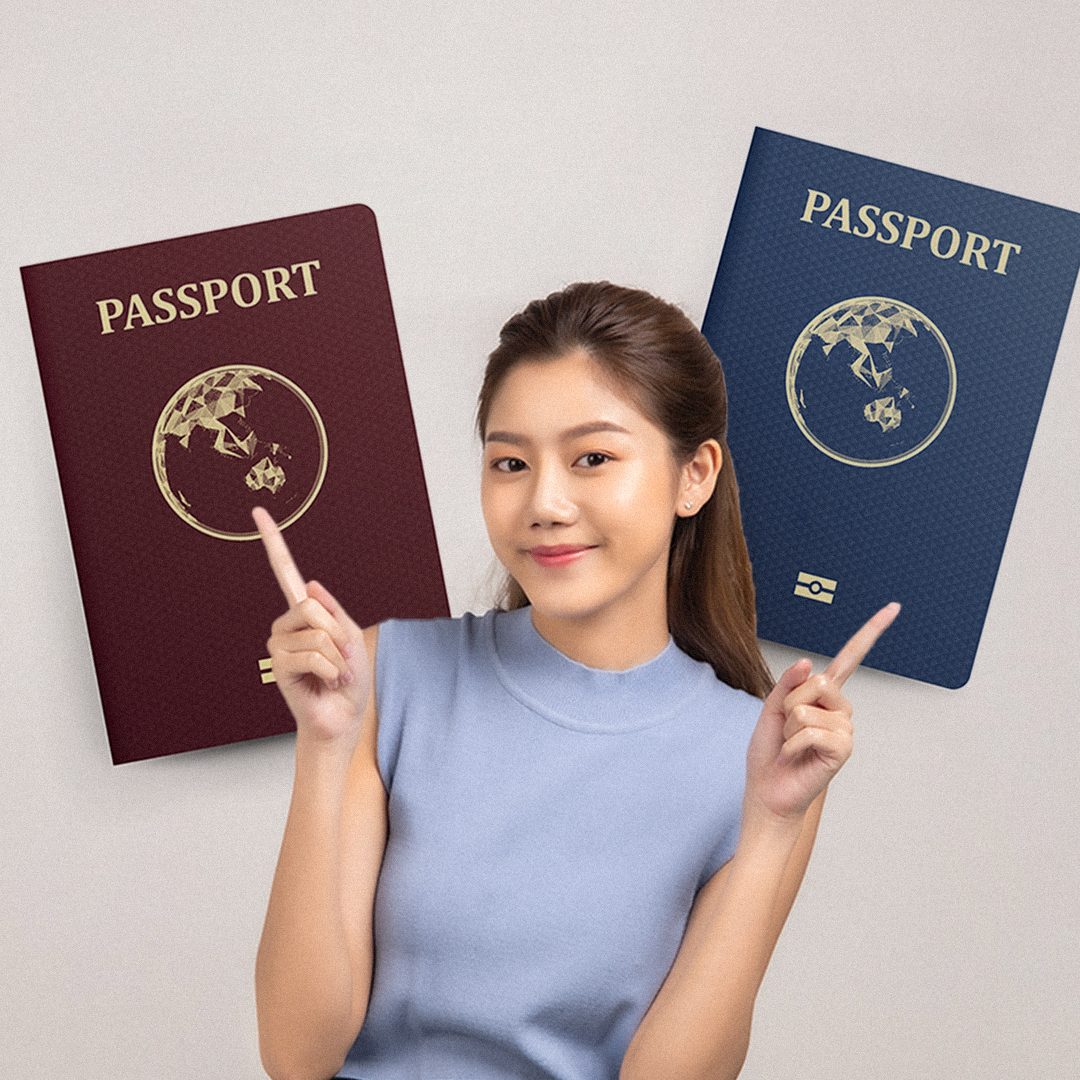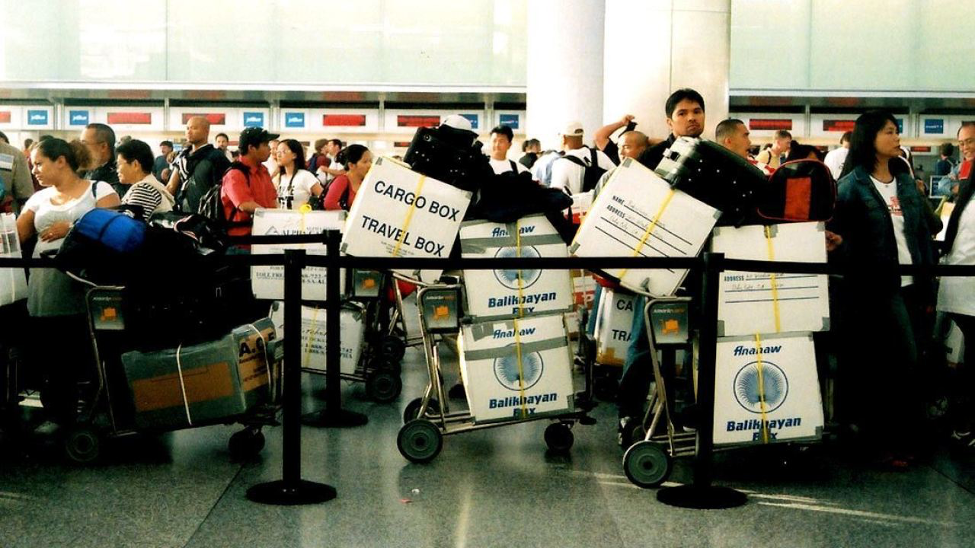A former Filipino can stay in the Philippines visa-free for up to one year under the Balikbayan Program or with specific visas.

Legal Framework
The legal framework governing the length of stay for former Filipino citizens in the Philippines involves various regulations and visa options. Below, we explore some of these key aspects:
The Philippine Immigration Act
The Philippine Immigration Act is the cornerstone of immigration policy in the country. It outlines the types of visas available and the requirements for each. For former Filipino citizens, this act plays a pivotal role in determining how long they can stay in the Philippines.
- Visa Categories: The act specifies different types of visas such as tourist visas, working visas, and permanent resident visas.
- Application Process: Describes the procedure for applying for visas, including necessary documents and eligibility criteria.
- Penalties for Overstaying: Details the consequences of overstaying a visa, which can include fines, deportation, or even imprisonment.
Special Residence Retiree’s Visa (SRRV)
The visa allows for an indefinite stay, subject to periodic reporting to immigration authorities.
- Eligibility: Applicants must be at least 35 years old, and meet certain financial requirements such as a deposit in a Philippine bank or a pension.
- Benefits: SRRV holders are entitled to multiple entries and can stay as long as they comply with the visa conditions.
- Application Procedure: The process includes submission of necessary documents, background checks, and payment of applicable fees.
Dual Citizenship Laws
Dual citizenship laws in the Philippines allow former Filipino citizens to hold citizenship in both their new country and the Philippines. This makes it easier for them to stay in the Philippines for extended periods.
- Reacquisition of Filipino Citizenship: Through reacquisition, a former citizen can regain Filipino citizenship and have the same rights as natural-born citizens.
- Travel and Stay: Dual citizens can stay in the Philippines without any time limit, as they are considered Filipino citizens.
- Rights and Privileges: Being a dual citizen allows for certain rights such as owning property, voting, and unrestricted length of stay.

Visa Options for Former Filipino Citizens
Former Filipino citizens have several visa options for staying in the Philippines. These range from short-term tourist visas to more permanent solutions like the Balikbayan Program and long-term visas. Here we dive into the details of each.
Tourist Visa
Generally, this visa allows for stays up to 30 days but can be extended.
- Application Process: To get a tourist visa, you need to submit a completed application form, valid passport, and proof of onward travel.
- Extensions: The initial 30-day stay can usually be extended up to a maximum of two years.
- Limitations: Tourist visas don’t allow for employment in the Philippines and must be converted to a different type of visa for long-term stays.
Balikbayan Program
The Balikbayan Program is a special privilege for former Filipino citizens and their immediate family members. It allows for visa-free entry and a one-year stay in the Philippines.
- Eligibility: To be eligible, former Filipino citizens must travel with a foreign passport and be accompanied by their spouse or children.
- Benefits: Apart from the one-year stay, Balikbayan privileges include exemptions from travel tax and duties on imported personal items.
- Extensions and Conversions:Balikbayan status can extend or convert to long-term visa when conditions met.
Long-term Visas
SRRV and permanent residency provide indefinite stay options in the Philippines:
- Types of Long-term Visas: Apart from the SRRV, other types include investor visas, employment visas, and family reunification visas.
- Application Procedure: The process generally requires an extensive list of supporting documents and often involves in-person interviews.
- Rights and Privileges: Long-term visa holders usually have more privileges, such as the right to work, engage in business, or study in the Philippines.
Balikbayan Program: A Closer Look
The Balikbayan Program is a unique initiative by the Philippine government to welcome back its former citizens and their immediate family members. This program provides a host of benefits, including visa-free entry and an extended stay. In this section, we’ll delve into the program’s details, focusing on eligibility, length of stay, and benefits and limitations.
Eligibility Criteria
To qualify for the Balikbayan Program, there are specific criteria that former Filipino citizens must meet:
- Citizenship Status: Former Filipino citizens must hold a foreign passport. They also should have evidence of their previous Philippine citizenship, like an old Philippine passport or birth certificate.
- Family Members: The program also extends to the immediate family members of the former Filipino citizen, including the spouse and children. These family members must travel with the Balikbayan to be eligible.
- Entry Points: The program is usually applicable at major international airports in the Philippines.
Length of Stay
One of the most significant advantages of the Balikbayan Program is the extended length of stay it offers:
- Initial Stay: Upon entry, the Balikbayan and their family can stay in the Philippines for up to one year without a visa.
- Extensions: Under specific conditions, this one-year period can sometimes be extended.
- Frequency: No set limit on Balikbayan Program use for former Filipino citizens.. However, frequent and long-term use may prompt scrutiny from immigration officials.
Benefits and Limitations
The Balikbayan Program offers several benefits but also has some limitations:
- Benefits: Balikbayans enjoy a one-year visa-free stay and exemptions from travel tax, along with duty-free shopping privileges up to a specified amount.
- Limitations: The program does not allow for employment in the Philippines. Those wishing to work or engage in business activities must convert their status to the appropriate visa type.

Application Process
Navigating the visa application process is essential for any former Filipino citizen planning an extended stay in the Philippines. This section details the application process, including the required documents and the steps needed to secure long-term visas.
Required Documents
For most visa applications, a set of standard documents is required:
- Passport: A valid passport with at least six months of validity from the date of entry is essential.
- Application Form: A completed application form, specific to the type of visa, is another requirement.
- Proof of Financial Means: Evidence of sufficient funds, whether in the form of bank statements or income certificates, may be needed.
- Additional Documents: Depending on the visa type, other documents like employment contracts, investment certificates, or marriage certificates might be required.
Steps to Apply for Long-term Visas
Long-term visa apps, like SRRV or permanent residency, entail multiple steps:
- Consult the Philippine Embassy: The first step usually involves a consultation with the Philippine Embassy or Consulate in your current country of residence.
- Submit Required Documents: After consultation, you’ll need to submit all the required documents for pre-screening.
- Pay Fees: Payment of application fees is usually the next step. These fees can vary based on the type of visa.
- Attend Interview: Some visa types may require an in-person interview, either at the embassy or the Bureau of Immigration in the Philippines.
- Receive Visa: Upon approval, the visa will be issued, either as a sticker in the passport or as a separate document.
Tax Implications
Staying in the Philippines for an extended period can have several tax implications. It’s vital to understand these implications to avoid legal complications.
Tax Liabilities for Extended Stay
Depending on your visa type and length of stay, you may become liable for taxes on income earned both inside and outside the Philippines:
- Resident Status: If you stay in the Philippines for more than 180 days in a calendar year, you may be considered a tax resident.
- Types of Taxes: As a tax resident, you’ll be liable for income tax, capital gains tax, and possibly even value-added tax on certain transactions.
Double Taxation Avoidance Agreements
The Philippines has Double Taxation Avoidance Agreements with several countries to help mitigate the burden of dual taxation:
- Eligibility: To be eligible for these benefits, you must meet specific criteria, often outlined in the agreement between the Philippines and your country of residence.
- Claiming Benefits: Usually, you’ll need to present proof of tax payments in your home country to avoid double taxation in the Philippines.